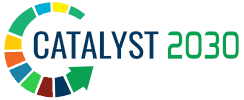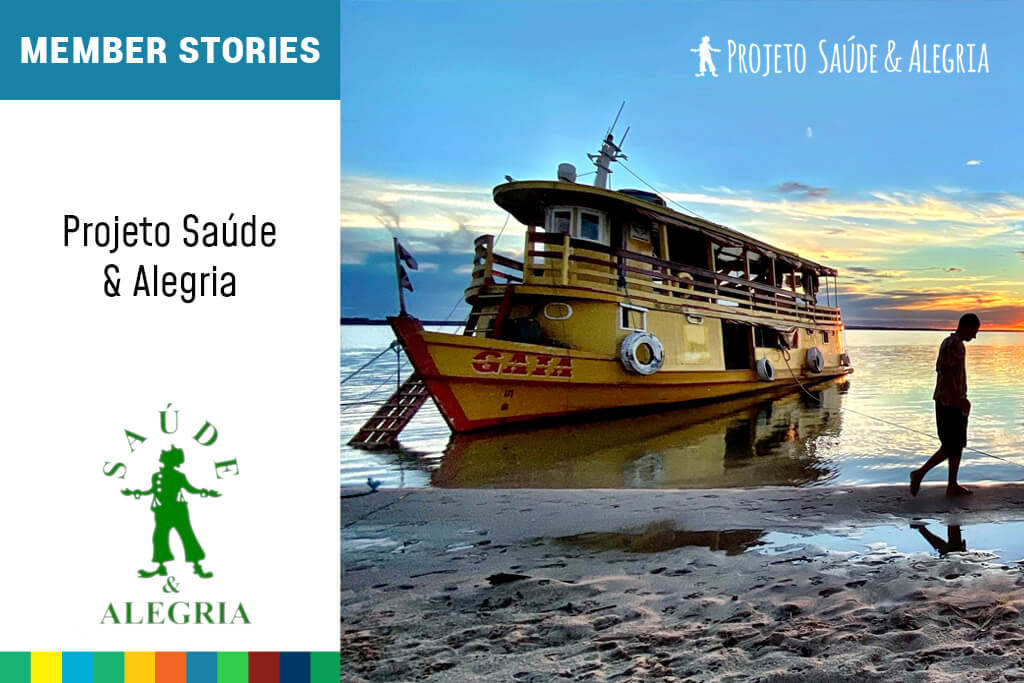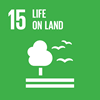
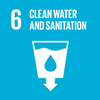
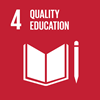
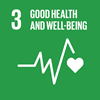
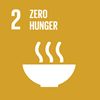
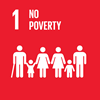
AMAZON – FROM BRAZIL TO THE WORLD, FOR BRAZIL, FOR THE WORLD…
By Caetano Scannavino
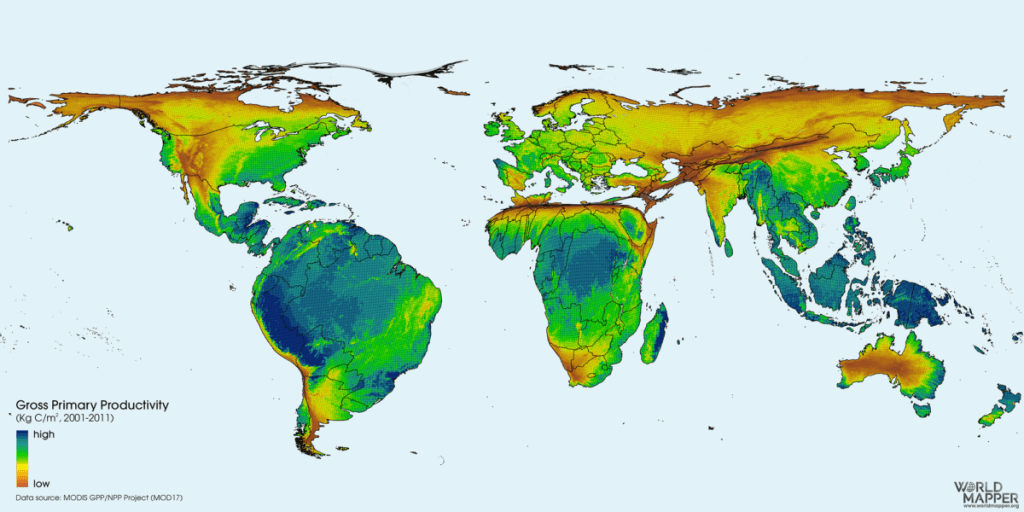 Source: Worldmapper (CC BY-NC-SA 4.0)
Source: Worldmapper (CC BY-NC-SA 4.0)If natural life is the greatest source of wealth, Brazil is the richest country in the world. That’s according to the Gross Primary Productivity (GPP) map, which measures the synthesis of organic matter generated from water, light and air. Put another way, it is “the ability to generate life,” as Julia Sekula writes in her co-authored book Brazil: A Restorable Paradise.
Even with only Indigenous lands protecting it against climate change, Brazil’s life-producing factory could, in 20 years, generate some $523 billion to $1.165 trillion (USD) worth of global carbon and ecosystem conservation benefits, such as clean water, soil, pollination, biodiversity and flood control (WRI study Climate benefits, ownership costs).
Sadly, while traditional Indigenous riverside populations voluntarily serve as guardians of the natural resources we need for survival, over history we have repaid them with bullets, mercury, and European diseases instead of with policies that safeguard their well-being.
We have already devastated an area of the Amazon equivalent to twice the size of Germany. 63% of that area is now occupied by very low-productivity pastures supporting less than one animal per hectare, and 23% of it is abandoned, according to data from the National Institute for Space Research (INPE) and the Brazilian Agricultural Research Corporation (Embrapa). Deforestation makes us poorer.
Brazilian society has allowed the few to appropriate wealth that rightfully belongs to everyone, be it gold, wood, or land. These privileged few do not pay taxes and leave damage and degradation in their wake. While the criminal justice system offers criminals repeated amnesties, those who want to do the right thing end up facing legal prosecution. They cannot compete with the low price of illegal extraction. Some of them even switch sides, discouraging responsible investment and undermining basic market principles.
Protecting the Amazon is not just for special or international interest groups – it has to be mainly a matter of national concern. Without the Amazon biome, average global temperatures would rise by 0.25ºC, but would jump by fully 2ºC in Brazil. Moreover, Brazil would lose 25% of its annual rainfall, making agriculture and energy generation unfeasible, according to Tasso Azevedo, coordinator of the Greenhouse Gas Emission and Removal Estimating System (or SEEG, an initiative of the Climate Observatory).
It is only logical to ask for support from rich countries. After all, the benefits generated by the Amazon are global, while conservation costs are local. But for that, we need a regional development plan while the rainforest is still standing. Otherwise, it will look like the government kidnapped the Amazon, set it on fire, and then went abroad to demand a ransom.
If sovereignty is a concern, it can be guaranteed by having the region itself to take the lead on a plan, in partnership with Brazil’s pan-Amazon neighbors, and with cooperation from other international partners. But we are a long way away from such a plan.
Under President Bolsonaro, Brazil is likely to be the only country in the world to experience increased greenhouse gas emissions in a year of pandemic and global economic downturn. This increase is being driven by the increased rate of deforestation in the Amazon, which in 2020 reached a rate of 11,088 km2, the highest in 12 years according to PRODES, a program dedicated to monitoring deforestation in the Amazon by remote sensing. At the same time, infraction notices for environmental crimes are the lowest in history.
If the current government wanted to make a difference, it would focus on protecting forests and increasing efficiency in agricultural areas in the biome, in order to produce more with less land, less deforestation, and less pressure on Indigenous territories. However, instead of forward-looking approaches, we see look-the-other-way approaches – as in what law enforcement personnel do in the face of easy profits from speculators and illegal squatters.
Despite being the country with the greatest biodiversity on the planet, Brazil has not yet developed a robust bioeconomy policy focused on cultivating local forest products such as acai berries, cocoa, local fruits, chestnuts, and medicinal plants. “Brazil’s greatest potential is its biodiversity,” says scientist Carlos Nobre. “Agroforestry systems with acai can yield up to US$1500 per hectare annually, while livestock only yields around US$100 per hectare.”
In order to be brought into fruition on a meaningful scale, more than international pressure needed – this change must come from within Brazil. The Rio de Janeiro – Sao Paolo “axis” (Brazil’s economic center and home to its most important influencers and decision makers) needs to do more to understand the reality, the people, and potential of the region. Brazilian society needs to take control of the Amazon.
Only then will Brazil stop seeing the Amazon as a burdensome source of conflict and deforestation and realize the tremendous resource it has in its hands: a forest that holds the seeds of regeneration, which can lead us to lead new ways of understanding nature. We can help bring about a healthy future for everyone, starting by taking care of our Amazon.
CAETANO SCANNAVINO – Coordinator of the Brazilian NGO Health and Happiness Project (Projeto Saúde & Alegria) (www.saudeealegria.org.br) and member of Catalyst2030, working in the Amazon.
AMAZONIA – DO BRASIL PARA O MUNDO, PARA O BRASIL, PARA O MUNDO…
Caetano Scannavino
 Source: Worldmapper (CC BY-NC-SA 4.0)
Source: Worldmapper (CC BY-NC-SA 4.0)Se vida é a maior riqueza que existe, o Brasil é o país mais rico do mundo pelo mapa de GPP (Gross Primary Productivity), que mede a síntese de matéria orgânica gerada a partir de água, luz e ar. Em outras palavras, “a capacidade de gerar vida”, como lembra Julia Sekula, coautora de “Brasil: Paraíso Restaurável”.
Uma fábrica de vida que, só com a proteção das terras indígenas brasileiras como medida de combate às mudanças climáticas, pode render em 20 anos de US$ 523 bilhões a US$ 1,165 trilhão com os benefícios globais do carbono e a conservação do ecossistema, como água limpa, solo, polinização, biodiversidade e controle de inundações (estudo do WRI – “Climate Benefits, Tenure Costs”).
Triste é deixarmos que nossos povos tradicionais, indígenas, ribeirinhos, ao mesmo tempo que prestam um serviço voluntário como guardiões dos ativos naturais que nos mantêm vivos, recebam em troca bala, mercúrio e doença de branco ao invés de políticas de bem-viver.
Já devastamos uma área igual a duas Alemanhas de Amazônia, para que 63% dela fosse ocupada por pastagens de baixíssima produtividade, com menos de um animal por hectare, e outros 23% fossem abandonados (dados do Inpe e da Embrapa). Desmatamos para ficar mais pobres.
A sociedade brasileira tem permitido que alguns se apropriem de riquezas que são de todos – o ouro, a madeira, as terras. Não pagam impostos e ainda deixam a conta do estrago. Enquanto criminosos são premiados com seguidas anistias, os que querem fazer a coisa certa acabam punidos. Não conseguem concorrer com o preço baixo da extração ilegal, então quebram ou mudam de lado, desestimulando investimentos responsáveis e a própria existência de um mercado como deveria ser.
Proteger a Amazônia, antes de ser coisa de gringo, é interesse nacional. Sem o bioma, a temperatura média subiria 0,25 ºC no planeta, mas saltaria 2 ºC no Brasil, onde também se perderia 25% das chuvas, inviabilizando a agricultura e a geração de energia, segundo Tasso Azevedo, coordenador do SEEG – Sistema de Estimativas de Emissões de Gases-Estufa.
Faz todo sentido cobrar apoio dos países ricos, afinal, os benefícios gerados pela Amazônia são globais e os custos de conservação permanecem locais. Só que para isso é preciso ter um projeto para que a região se desenvolva com a floresta em pé. Caso contrário, fica a impressão de que o governo sequestrou a Amazônia, em chamas, e foi ao exterior pedir o resgate.
Se é para falar sério de soberania, a melhor forma de garanti-la é liderando a construção de um projeto para região, em parceria com nossos vizinhos pan-amazônicos, e com a cooperação do restante do mundo. Estamos longe disso.
Sob Bolsonaro, o Brasil será provavelmente o único no mundo com aumento de emissões em ano de pandemia e retração econômica global, puxadas sobretudo pelo aumento do desmatamento na Amazônia. A taxa de 11.088 km2 em 2020 (PRODES) é a maior em 12 anos, enquanto os autos de infração por crimes ambientais são os mais baixos da história.
Caso o atual Governo quisesse de fato fazer a diferença, estaria blindando as florestas e focando no aumento da eficiência nas zonas agrícolas já consolidadas do bioma, de modo a se produzir mais com menos área, menos desmatamento, menos pressão sobre os Territórios Indígenas. Assim, cresce-se para cima, até porque crescer para os lados é caso de polícia diante do lucro fácil de especuladores e grileiros de terras.
O país com a maior biodiversidade do planeta não tem até agora uma política robusta de bioeconomia, voltada ao processamento de produtos da floresta como o açaí, cacau, cupuaçu, castanha, andiroba e tantos outros. “O grande potencial do Brasil é o da biodiversidade”, diz o cientista Carlos Nobre. “Sistemas agroflorestais com açaí podem render anualmente até US$ 1500 por hectare, enquanto o gado fica em torno de US$ 100/hectare.”
Para que aconteçam e ganhem escala, mais do que pressão internacional, é preciso que a cobrança venha de dentro. O eixo RJ-SP, principal centro econômico e formador de opinião do país, precisa se esforçar mais para compreender a realidade e os potenciais da região. A sociedade brasileira precisa assumir a Amazônia.
Só assim o Brasil deixará de enxergar a Amazônia como um ônus de conflitos e desmates e perceberá o bônus que tem nas mãos, uma floresta que guarda as sementes da regeneração, que pode nos levar a liderar novos paradigmas, um futuro de bem-viver, a partir da nossa Amazônia para todos.
Como bem diz o colega de batalha Arnaldo Oliveira, é hora de “nacionalizar a Amazônia e amazonizar o mundo”.
CAETANO SCANNAVINO – Coordenador da ONG Projeto Saúde & Alegria (www.saudeealegria.org.br), com atuação na Amazônia e integrante da Catalyst2030
